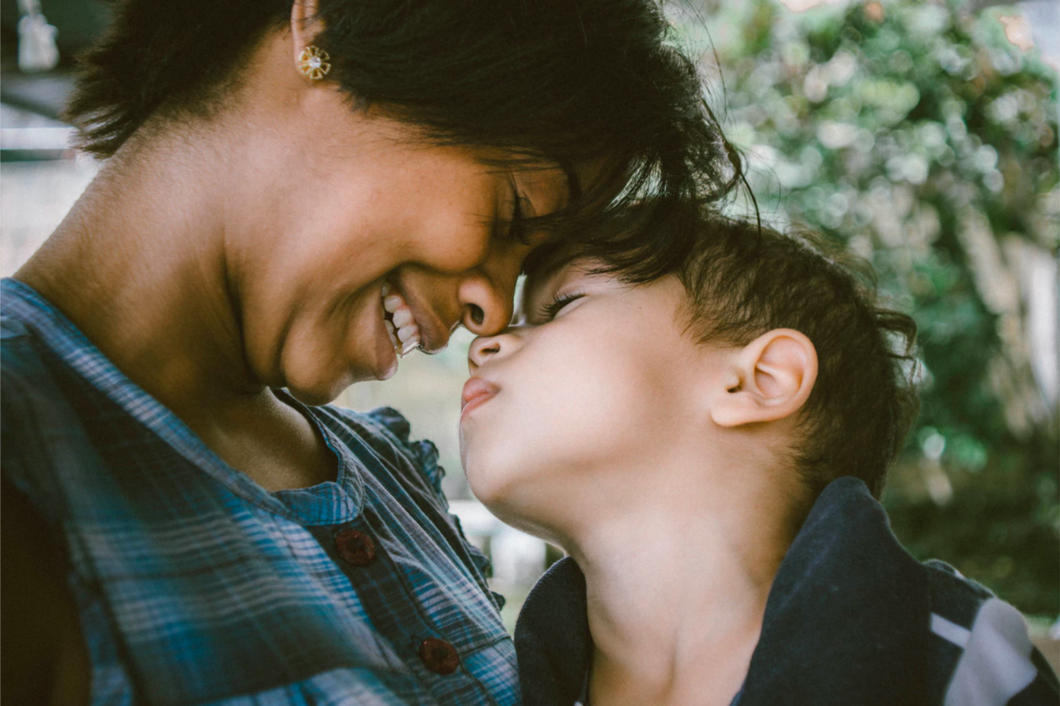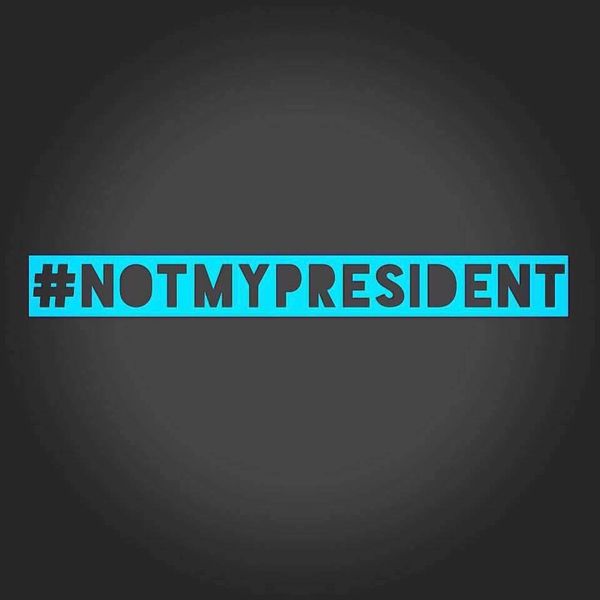Recently, I started working at a domestic violence shelter that serves as a safe haven for many women, particularly mothers; I have also worked with mothers who attend weekly chemical dependency treatment. Through this, I have heard many of their stories and a recurring theme seems to involve the U.S. foster care system's tendency to prematurely separate children from their mothers.
Now, I admit, there are many women who come into the shelter and for therapy sessions who are mentally unfit to care for their children. They have history of abuse, neglect and mistreatment of their kids, and, in these cases, foster care is the best solution for both mother and child.
However, since I started working at these facilities, I have seen more cases of mothers unconditionally loving their kids than I would have ever expected. So many women come into these homes and centers with the hopes of getting back on their feet; and, often times, their driving motivation is their children. They want to be better and make a better life for their kids. Unfortunately, there are too many cases in which mothers are left heartbroken as their children are taken away from them with little to no promise of being reunited with them.
After hearing all of these heart-wrenching family separation stories, I decided to do some research about who exactly decides which kids end up going into the system. It turns out that there is a large amount of federal funding that is directly related with the amount of children in foster care. Assistant Secretary Wade F. Horn even testified that
"State[s] that [are] successful in preventing unnecessary removals or in shortening lengths of foster care stays actually [are] apt to receive less Federal funding than State[s] where children remain in foster care for long periods of time."
Because of this, states overuse foster care since they receive federal funds for every child they put under the state's care. As a result, children are unrightfully taken away from their biological mothers and thrown into a system that sees them more as a liable piece of property than as a growing human being in need of love and support. And, once these kids are taken away, the system does little to provide the needed therapy for these parents or the means to reunite families later on.
I think its important for people to understand that children who enter the foster care system shouldn't be seen as fortunate or "saved" from their old lives. Instead, they will face many challenges and will witness an endless stream of people coming in and out of their lives. A child can have over five caseworkers during their time in the system and can be torn from their siblings. Because of this, they grow up with no sense of stability, family or support.
The U.S. foster care system lacks the timeliness, regulations or urgency needed to ensure a good life for the children and parents it impacts the most. Looking at it statistically, children who enter foster care will likely age out of the system, become incarcerated, lack a good education, suffer mental illness, experience homelessness, face unemployment, go into prostitution or have pregnancy out of wedlock.
The foster care system is far from perfect, and it will take a lot of effort to improve it. Some steps in the right direction include the improvement of recruitment and training standards for foster parents, along with the improvement of the urgency and efficiency of state agencies and court administrators. Furthermore, states should provide foster kids who have aged out with vouchers to attend state colleges; Congress should also stop determining funding by caseload size and instead spread its funding to health and family planning centers.
More specifically, funding should be distributed to child protective services to focus on investigating abuse and neglect in foster care living situations, to family preservation/reunification services that work towards bringing families together and keeping them intact, as well as to rehabilitation services that would help allow children to return home more quickly or even prevent separation all together. With these efforts, along with people like you and me speaking up for these children's individual rights, necessary change can be made.

















